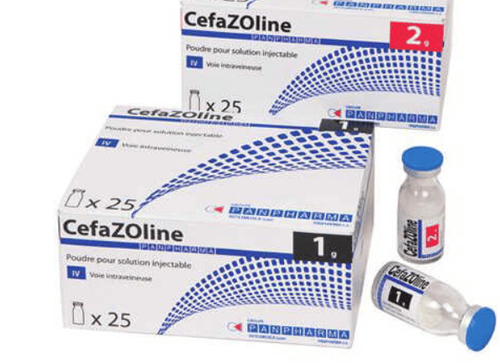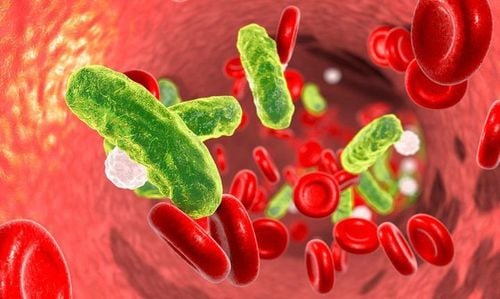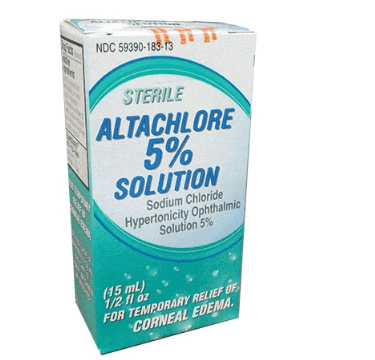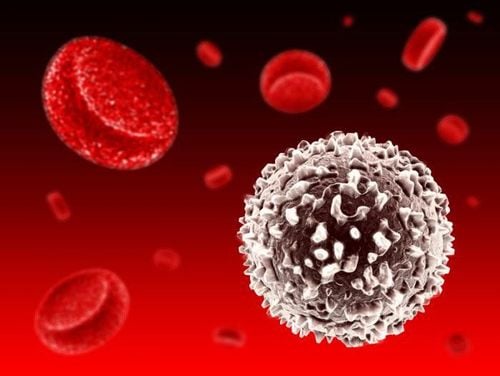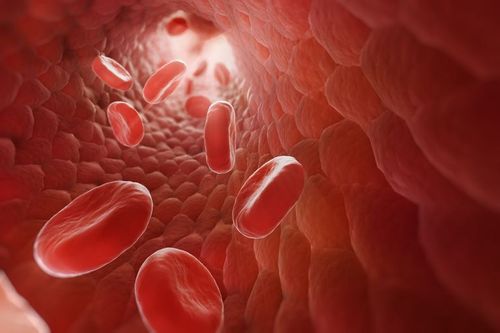This is an automatically translated article.
The article was professionally consulted by Specialist Doctor I Huynh Kim Long - Emergency Resuscitation Doctor - Emergency Resuscitation Department - Vinmec Da Nang International General Hospital. Dr. Huynh Kim Long has extensive experience in the treatment of Resuscitation - Emergency and Acute Stroke in adults.Septic shock is a very serious and especially dangerous disease. It is a complication of a serious infection that, if not detected early and treated promptly, can be life-threatening. Indication of emergency dialysis for patients with septic shock when indicated is an effective treatment for septic shock.
1. Danger of septic shock
Septic shock causes many dangerous complications, such as shortness of breath, tachycardia, mental disorders... The mortality rate from the disease is high, accounting for 20-50%. The rate of severe infections is high in the elderly, young children and infants, especially sepsis.Subjective psychology of the patient is often neglected, so the disease is already in a severe stage, meaning that he has a serious infection before coming to the hospital, making the condition already in a late stage, often patients only go to the hospital when the infection is severe. high death rate.
The diagnosis of septic shock is difficult because there is no specific test to diagnose severe infection.
2. Causes of septic shock
Due to a severe infection of an organ or part of the body. Severe infections of the gastrointestinal tract. Gallstones, gallstones cause inflammation of the biliary tract, gallbladder is easy to cause complications, in which peritoneal infection is very dangerous, easily leading to sepsis, septic shock. For women, abortion procedures, especially abortions that do not guarantee absolute sterility (underground abortion), difficult birth are also the causes of sepsis causing septic shock. Nosocomial infections by procedures such as: urethral dilation, urinary catheterization, cervical dilation, bronchoscopy, peritoneal, intravenous catheterization. Skin infections (boils, impetigo, or burn infections) or abscesses (diaphragm abscess, muscle abscess, lung abscess) are serious infections that can easily lead to infection. hemorrhage and septic shock. Septic shock caused by enteric bacteria or green pus bacillus or staphylococcus aureus3. Symptoms of septic shock
Depending on the disease, patients have different manifestations of severe infection and septic shock.Usually occurs after a high fever, chills or sudden hypothermia (in some cases there is no fever or the body temperature drops below 37oC) Tachycardia, rapid breathing, agitation, struggling or disorienting, rapid pulse (more than 90 beats/min), small, difficult to catch or have vasomotor disorders (pulse is sometimes fast, sometimes slow). Oliguria (may be due to fever or may affect renal vasculature, reducing glomerular filtration pressure) or anuria (acute renal failure). The extremities, cold skin due to peripheral vasoconstriction, fingernails, nose, ears are purple, purple patches appear on the skin and extremities (called cold shock). If severe, there may be necrosis on the skin, pressing on the skin does not immediately restore the color of the skin (due to peripheral vasoconstriction) before gray patches appear. Some cases have severe, diffuse muscle pain, cramps, due to lack of oxygen in the tissues (may be confused with surgical diseases, tetanus ...)
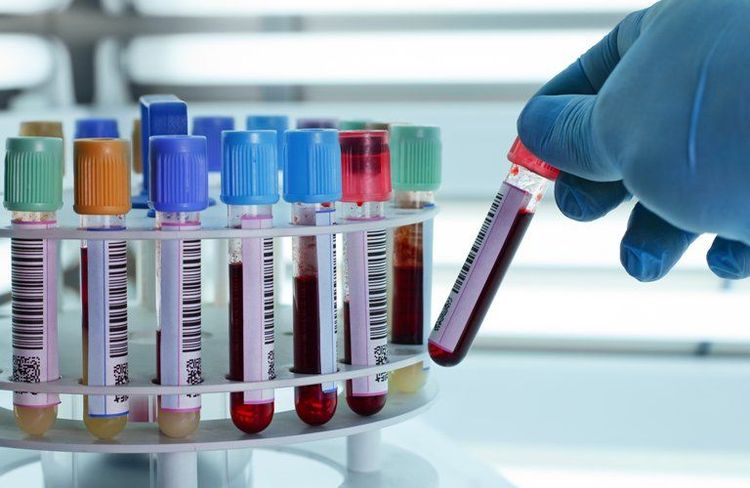
4. Treatment of septic shock
The treatment of septic shock must ensure the principles of thorough eradication of pathogens. correcting disorders caused by septic shock and improving the patient's resistance.Indication of emergency dialysis is an effective septic shock emergency measure. This is a method of dialysis by extracorporeal circulation, which is slowly and slowly carried out continuously for 24 hours/day for the purpose of eliminating patients with severe infections continuously.
Currently, at Vinmec International General Hospital, it is worth applying the indication of emergency dialysis with many outstanding advantages in emergency treatment of patients with severe infections.
4.1. Technical advantage
Rapid detoxification of the patient. Safe, effective and fast treatment. Better patient recovery. Limit patient mortality. Eliminate toxins that are difficult for the liver, kidneys and body to eliminate normally, such as toxins, complexes of antigens, antibodies, and mediators.4.2. Equipment and machinery
Modern, new, multi-function machine systemFresenius multiFiltrate continuous dialysis machine with many outstanding advantages such as:
Convenient and intuitive Safe and easy to use. Full range of renal replacement therapy. Automatically help users find the possible cause as well as reasonably suggest how to solve the problem as quickly as possible when there is an alarm. The system can save up to 3,500 parameters and treatment-related problems during treatment.
4.3 About medical staff
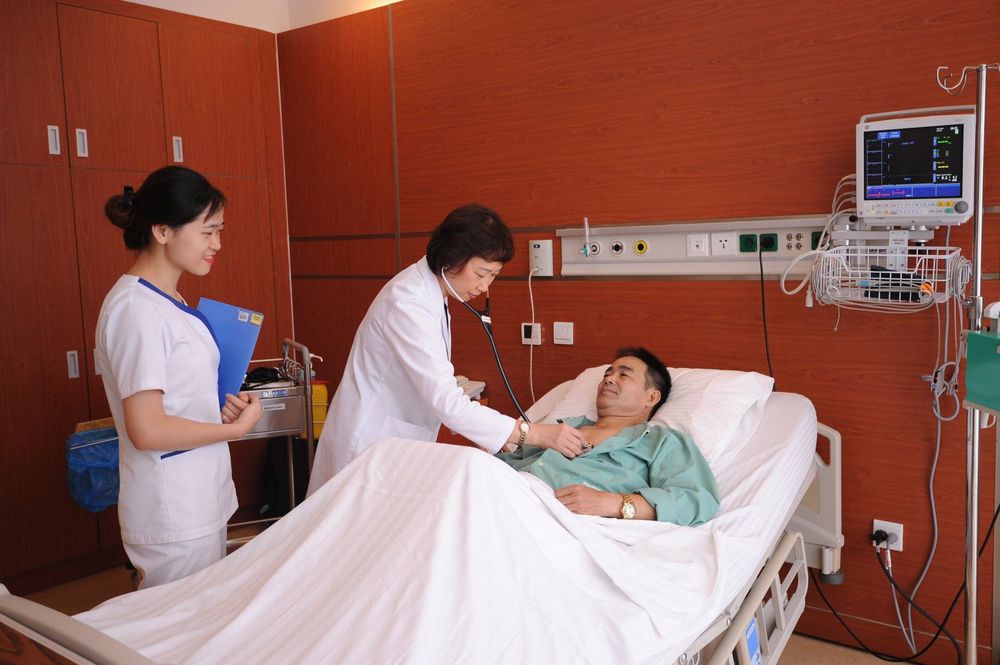
Please dial HOTLINE for more information or register for an appointment HERE. Download MyVinmec app to make appointments faster and to manage your bookings easily.





